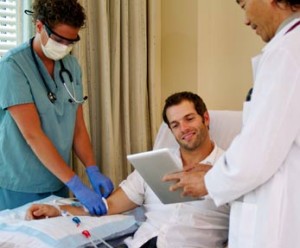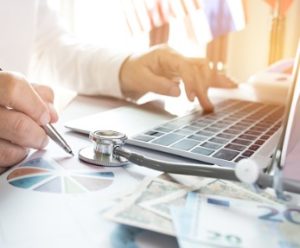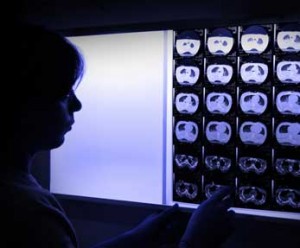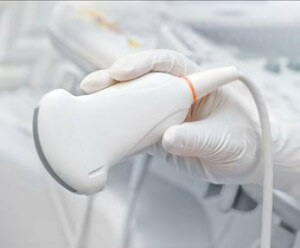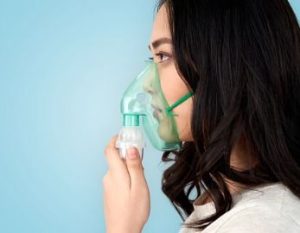Ask a Doctor: The Effect of Nutrition and Exercise on Muscle Building
We use our skeletal muscles every day to carry out even the simplest of tasks. Our muscles are constantly adjusting and adapting to our activity. Skeletal muscles are specifically designed to adapt to the increased demands of exercise both physical and metabolic. Studying muscle metabolism is valuable for the creation of nutritional and exercise recommendations.
National Medical Lab Professionals Recognition Week 2022: An Expert’s Advocacy Guide
The approximately 335,500 medical laboratory professionals in the U.S. are the unsung heroes administering these tests on top of their pre-existing duties in the lab. Up until recently, these professionals have gotten little recognition for the behind-the-scenes work that they do.
National Kidney Month: Expert Interview & Advocacy Guide
March is National Kidney awareness month. The aim of this month is to educate the public about this unknown and often undetected disease. “It is about getting the word out there that kidney disease is a very common deadly disease, and we have ways to prevent it,” shares Dr. Susan Quaggin, president of the American Society of Nephrology (ASN).
National Dental Assistants Recognition Week 2022: An Expert’s Guide to Advocacy
It can be too easy, sometimes, to look past the work of a dental assistant. But they represent the largest segment of the dental workforce. This is a fast-growing, patient-facing role that’s much more complex than it seems.
Digital Technology Is the Key to Effective and Humane Pandemic Preparedness
Governments face enormous political and technology challenges in ensuring the safe return to “normal.” Yet, a growing distrust of government and authorities and the mental health toll from extended lockdowns and restrictions will require pandemic preparedness to focus not only on disease control but also on ensuring the protection of individual freedoms.
Making Medical Coding Better and Faster With Artificial Intelligence
A new study from researchers using technology from AI company AKASA found the company’s novel machine learning approach (Read, Attend, and Code, or RAC) outperformed current state-of-the-art models to decode medical notes for patient billing in a matter of seconds.
COPD Awareness Month: An Expert’s Advocacy Guide
November is Chronic Obstructive Pulmonary Disease (COPD) Awareness Month. COPD is a long-term disease that makes it hard to breathe and is primarily caused by smoking, although it can also be caused by many factors, including asthma and chronic bronchitis. Currently, there are 16.4 million Americans living with COPD, and in 2018, 156,045 people died from this disease.
National Radiologic Technology Week – An Interview with ASRT President Kristi Moore
Radiologic technology has come a long way since the discovery of the x-ray by Wilhelm Conrad Roentgen on November 8, 1895. That discovery, hailed as a medical miracle, led to a chain of innovations that have changed the face of modern medicine: from mobile chest x-rays to CT scans to MRIs and 3D mammograms.
Medical Ultrasound Awareness Month: Interview with an Expert & Advocacy Guide
October is Medical Ultrasound Awareness Month (MUAM), an annual event to promote awareness of diagnostic medical ultrasound as a healthcare tool and profession.
A Spotlight on Respiratory Therapy: How RT Education & Practice are Evolving
Because of the significant role that RCPs (also known as respiratory therapists, or RTs) have played during the Covid-19 crisis, the significance of their role in critical care has gained more attention. And members of the RT community feel that it’s about time.


